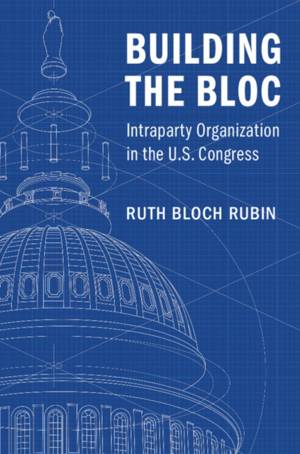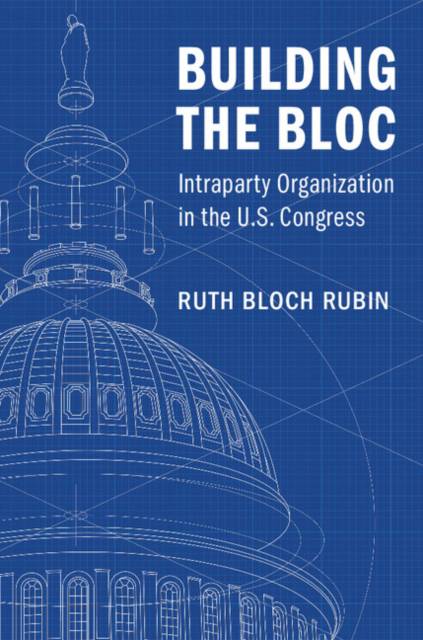
Bedankt voor het vertrouwen het afgelopen jaar! Om jou te bedanken bieden we GRATIS verzending (in België) aan op alles gedurende de hele maand januari.
- Afhalen na 1 uur in een winkel met voorraad
- In januari gratis thuislevering in België
- Ruim aanbod met 7 miljoen producten
Bedankt voor het vertrouwen het afgelopen jaar! Om jou te bedanken bieden we GRATIS verzending (in België) aan op alles gedurende de hele maand januari.
- Afhalen na 1 uur in een winkel met voorraad
- In januari gratis thuislevering in België
- Ruim aanbod met 7 miljoen producten
Zoeken
€ 43,45
+ 86 punten
Omschrijving
Traversing more than a century of American history, this book advances a new theory of congressional organization to explain why and how party dissidents rely on institutions of their own making, arguing that these intraparty organizations can radically shift the balance of power between party leaders and rank-and-file members. Intraparty organizations empower legislators of varying ideological stripes to achieve collective and coordinated action by providing selective incentives to cooperative members, transforming public-good policies into excludable accomplishments, and helping members to institute rules and procedures to promote group decision making. Drawing on rich archival evidence and interview data, the book details the challenges dissident lawmakers encounter when they face off against party leaders and their efforts to organize in response. Eight case studies complicate our understanding of landmark fights over rules reform, early twentieth-century economic struggles, mid-century battles over civil rights legislation, and contemporary debates over national health care and fiscal policy.
Specificaties
Betrokkenen
- Auteur(s):
- Uitgeverij:
Inhoud
- Aantal bladzijden:
- 332
- Taal:
- Engels
Eigenschappen
- Productcode (EAN):
- 9781316649923
- Verschijningsdatum:
- 11/08/2017
- Uitvoering:
- Paperback
- Formaat:
- Trade paperback (VS)
- Afmetingen:
- 166 mm x 231 mm
- Gewicht:
- 508 g

Alleen bij Standaard Boekhandel
+ 86 punten op je klantenkaart van Standaard Boekhandel
Beoordelingen
We publiceren alleen reviews die voldoen aan de voorwaarden voor reviews. Bekijk onze voorwaarden voor reviews.









